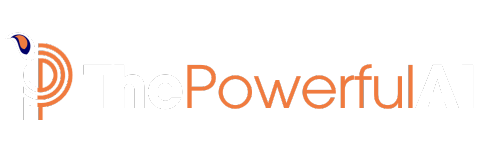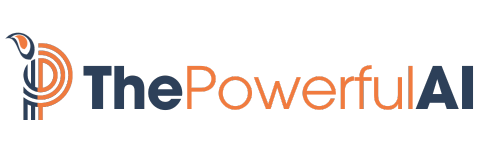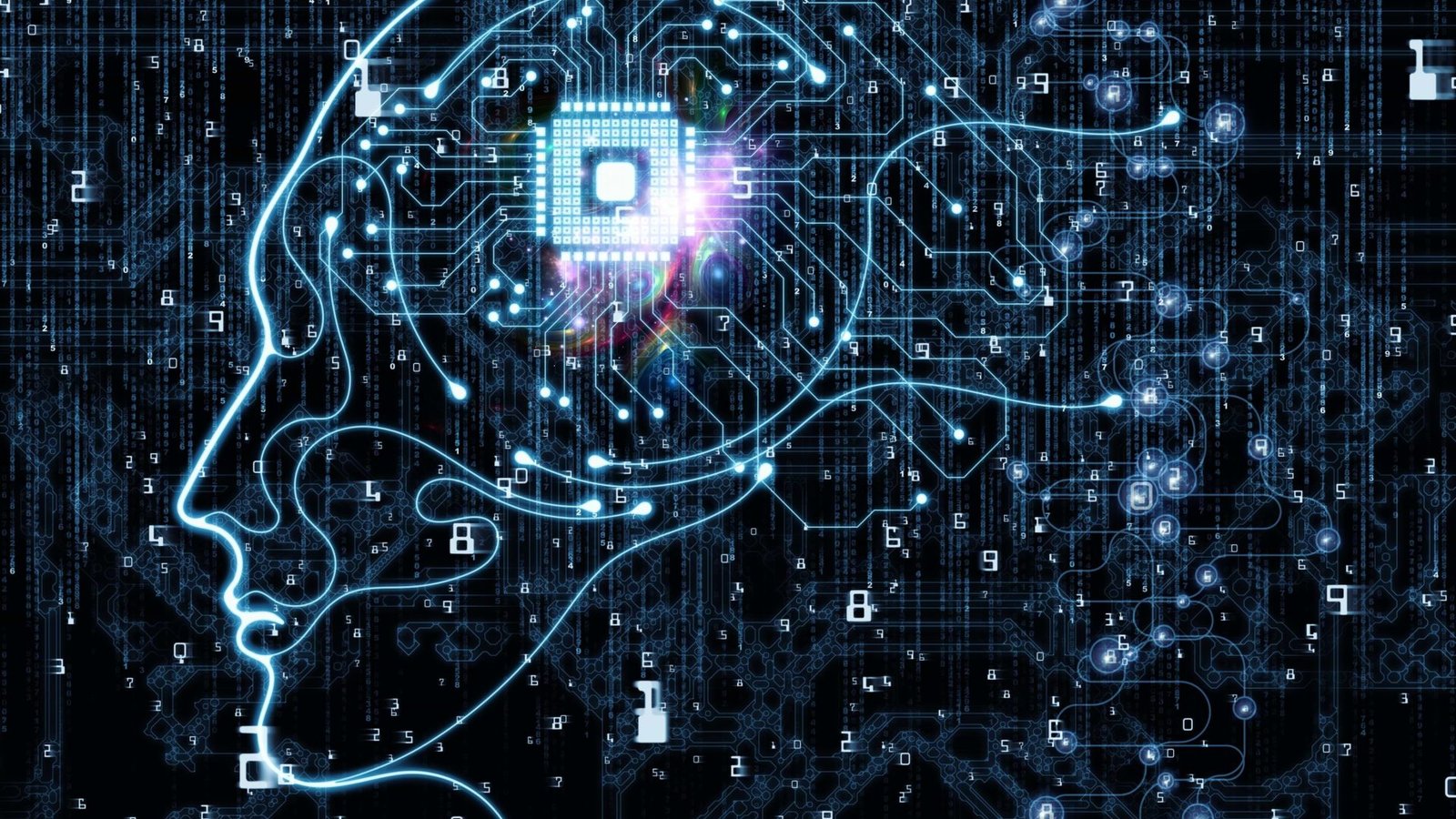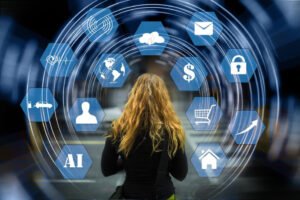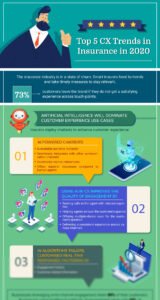Artificial intelligence (AI) is the simulation of human intelligence processes by machines, such as computer systems. It has been around for decades and is already prevalent in our society, with applications including diagnosing diseases, natural language processing, facial recognition, and developing self-driving cars.
AI can also help reduce energy consumption and create art. However, concerns have been raised about the dark side of AI, such as bias and discrimination in algorithms. AI has advantages over humans, including its ability to perform tasks that humans cannot, but it also has its disadvantages.
Overall, AI is a rapidly evolving technology that has both positive and negative implications for various industries and society as a whole.
Introduction To Artificial Intelligence
Artificial Intelligence, commonly referred to as AI, is the simulation of human intelligence processes by machines, particularly computer systems. It involves the creation of intelligent machines that can perform tasks that typically require human cognitive abilities such as learning, problem-solving, and decision-making. AI has been a topic of interest and research for decades, with its applications and potential impact on various industries continually evolving.
Definition Of Artificial Intelligence
Artificial Intelligence can be defined as the field of computer science that focuses on creating intelligent machines capable of imitating and performing tasks that would typically require human intelligence. These tasks include natural language processing, understanding and analyzing speech, recognizing images and patterns, and making informed decisions based on data.
Applications Of Artificial Intelligence
The applications of Artificial Intelligence are vast and diverse, and they have the potential to transform various industries. Some of the key areas where AI is extensively utilized include:
- Expert Systems: Expert systems are designed to replicate the decision-making abilities of human experts in specific domains. They are used in areas such as medicine, finance, and engineering to provide expert-level advice and support.
- Natural Language Processing: AI-powered natural language processing technologies enable machines to understand, interpret, and respond to human language. This application has revolutionized the way we interact with technology, enabling voice assistants, chatbots, and language translation services.
- Speech Recognition: Speech recognition technology allows machines to convert spoken language into text. It is widely used in applications such as voice assistants, transcription services, and automated customer support systems.
- Machine Vision: Machine vision involves the use of AI algorithms and computer vision to analyze and interpret visual data. It finds applications in various fields, including autonomous vehicles, facial recognition systems, and quality control in manufacturing.
These are just a few examples of how AI is being utilized in various industries. As technology continues to advance, the potential for AI applications is limitless, and its impact on society and the economy is expected to be profound.
Facts And Statistics About Artificial Intelligence
Get insights into the fascinating world of artificial intelligence with this collection of 75 facts and statistics. Discover how AI is already being used in various fields, including healthcare, language processing, facial recognition, and art creation. Dive into the future of self-driving cars and energy reduction, and explore the different types of AI, such as deep learning and expert systems.
Ai Has Been Around For Decades
Artificial Intelligence (AI) is not a recent innovation, but rather a technology that has been evolving over several decades. The idea of AI was first introduced in the 1950s by American computer scientist John McCarthy. Since then, AI has witnessed significant advancements and has become an integral part of numerous industries.
Ai Is Already All Around Us
Contrary to popular belief, AI is not just a concept of the future – it is already present in our daily lives. From voice assistants like Siri and Alexa to recommendation systems on streaming platforms like Netflix and Spotify, AI has seamlessly integrated into our routines. The adoption of AI technology continues to grow, making our lives more efficient and convenient.
Ai Can Be Used To Diagnose Diseases
One of the most promising applications of AI in the healthcare industry is disease diagnosis. AI algorithms can analyze medical data, such as images and patient records, to accurately detect early signs of various diseases, including cancer and cardiovascular disorders. By leveraging AI in diagnostics, healthcare professionals can improve the accuracy and efficiency of disease detection.
Ai Can Be Used For Natural Language Processing
Natural Language Processing (NLP) is a subfield of AI that focuses on the interaction between computers and human language. NLP algorithms enable machines to understand, interpret, and respond to human language in a way that simulates human understanding. This technology has paved the way for voice recognition systems, chatbots, language translation, and sentiment analysis.
Ai Can Be Used For Facial Recognition
Facial Recognition is another groundbreaking application of AI technology. By analyzing facial features and patterns, AI algorithms can accurately identify individuals, enhancing security systems, and streamlining identity verification processes. Facial recognition has found applications in law enforcement, access control systems, and even personalized marketing.
Ai Can Help Reduce Energy Consumption
AI has the potential to revolutionize energy consumption by optimizing energy usage and reducing waste. Smart grids powered by AI algorithms can efficiently manage and distribute electricity by predicting demand patterns, identifying areas of energy loss, and optimizing energy flow. With AI, we can move towards a more sustainable and eco-friendly energy infrastructure.
Ai Can Create Art
The intersection of AI and art has given rise to the creation of unique and innovative artworks. AI algorithms can analyze patterns, styles, and techniques from existing art pieces and generate original works based on these learnings. This has opened up new possibilities for artistic expression and collaboration between humans and machines in the creative domain.
Ai Is Being Used To Develop Self-driving Cars
Self-driving cars are one of the most exciting advancements in AI technology. AI algorithms, combined with sophisticated sensors and cameras, enable vehicles to navigate and make decisions autonomously. This technology has the potential to revolutionize transportation, making it safer, more efficient, and reducing the number of accidents caused by human error on the roads.
The Dark Side Of Artificial Intelligence
Artificial Intelligence (AI) has revolutionized numerous industries and is hailed as a breakthrough in technology. However, there is a dark side to this innovation that cannot be ignored. Issues such as bias and discrimination in AI algorithms and their impact on hiring practices have raised serious concerns.
Concerns About Bias And Discrimination In Ai Algorithms
One of the major concerns surrounding AI is the potential for bias and discrimination in algorithms that power these systems. Since AI algorithms learn from existing data, there is a risk that they may perpetuate the societal biases and prejudices present in that data. This has significant implications for various fields, including hiring practices.
AI-powered resume screening algorithms have gained popularity in the recruitment process due to their ability to streamline and automate the initial screening stages. However, there have been cases where these algorithms have inadvertently discriminated against certain groups, based on race, gender, or other protected characteristics. This raises ethical questions and the need for thorough consideration of the biases ingrained in AI algorithms.
The Impact Of Ai On Hiring Practices
The use of AI in hiring practices has the potential to revolutionize the recruitment process by improving efficiency and eliminating human biases. However, the unintended consequences of biased algorithms can lead to discriminatory outcomes in candidate evaluation.
It is crucial for organizations to recognize the limitations of AI algorithms and ensure that they are continually monitored and refined to eliminate any biases. Additionally, transparency in the development and use of AI algorithms is essential to build trust and address concerns related to bias and discrimination.
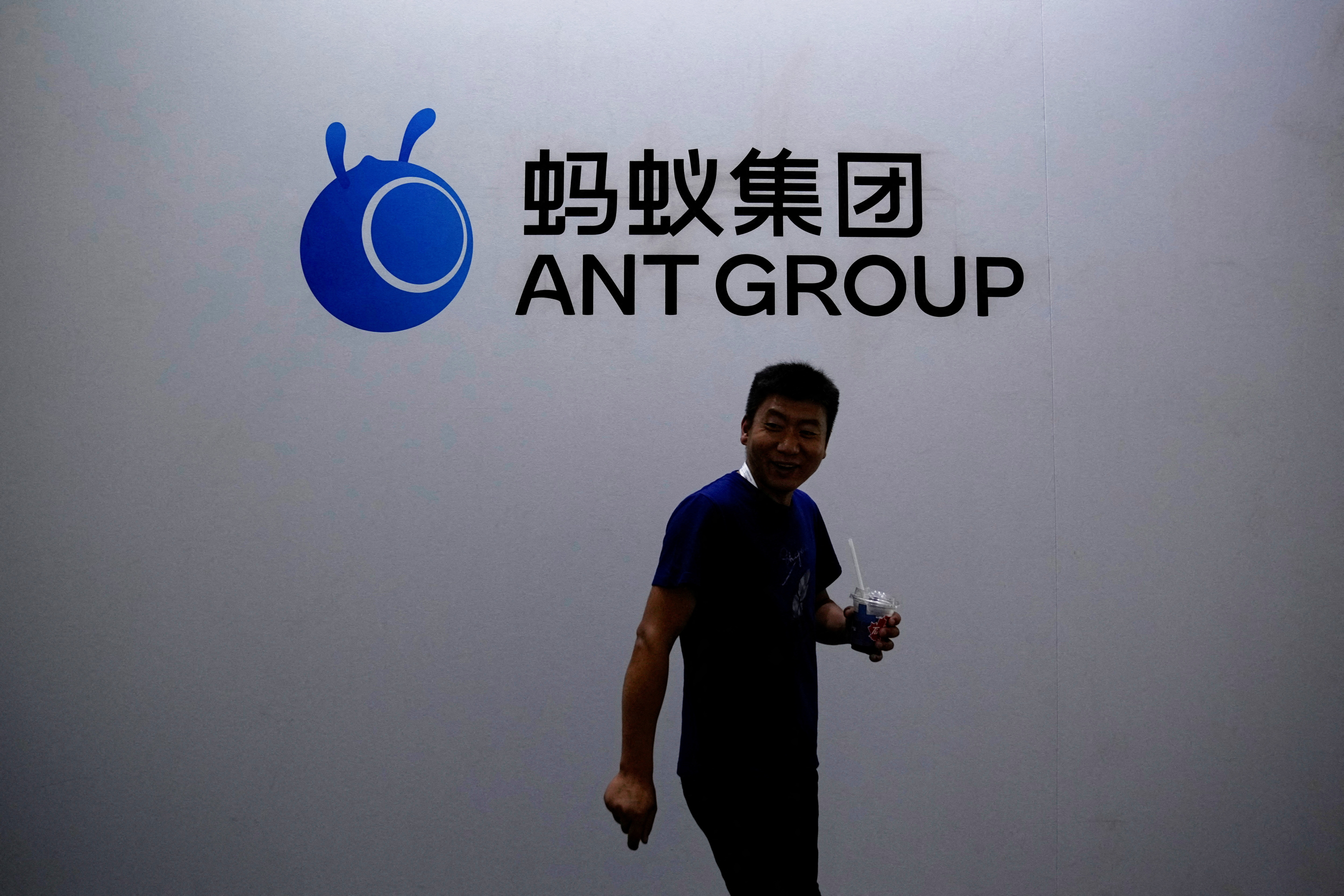
Credit: www.reuters.com
Frequently Asked Questions Of 75 Insightful Facts About Artificial Intelligence
What Are Some Interesting Facts About Artificial Intelligence?
AI has been around for decades and is already all around us. It can be used to diagnose diseases, process natural language, and recognize faces. Additionally, AI can help reduce energy consumption, create art, and develop self-driving cars.
What Is Artificial Intelligence In 100 Words?
Artificial intelligence (AI) is the simulation of human intelligence by machines. It includes applications like natural language processing, expert systems, and machine vision. AI can diagnose diseases, process language, recognize faces, and reduce energy consumption. It is also used in self-driving cars and creating art.
However, concerns about bias and discrimination in AI algorithms have been raised. AI can perform tasks that humans can’t, but it also has its limitations. Overall, AI has significant potential and various applications in different fields.
What Is The Dark Side Of Ai?
The dark side of AI lies in the concerns of bias and discrimination in algorithms, perpetuating existing societal biases. This can lead to unintentional discrimination in hiring practices, where AI-powered resume screening algorithms may unfairly discriminate against certain groups.
What Ai Can Do That Humans Can T?
AI can perform complex data analysis and computation at a much faster rate than humans. It can also automate repetitive tasks, process and analyze large amounts of data, and make decisions without human bias.
Conclusion
In this blog post, we have explored 75 insightful facts about artificial intelligence (AI). From its long history to its various applications, AI has become an integral part of our lives. It can diagnose diseases, process natural language, recognize faces, reduce energy consumption, create art, and even develop self-driving cars.
However, it is important to address the concerns surrounding AI, such as bias and discrimination in algorithms. Despite its potential drawbacks, AI continues to evolve and revolutionize numerous industries. As technology advances, it is crucial to navigate the future of AI responsibly and ethically.
